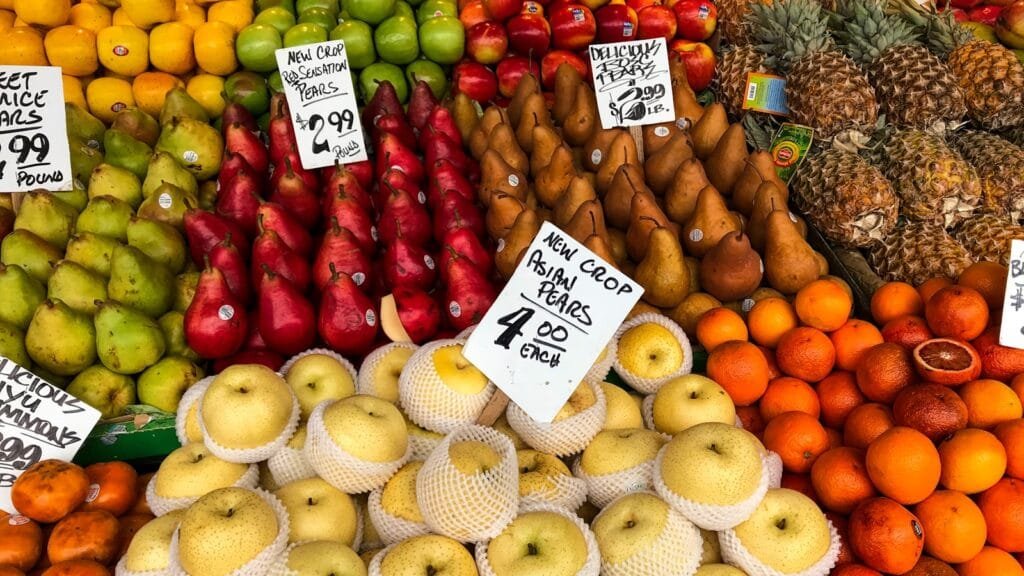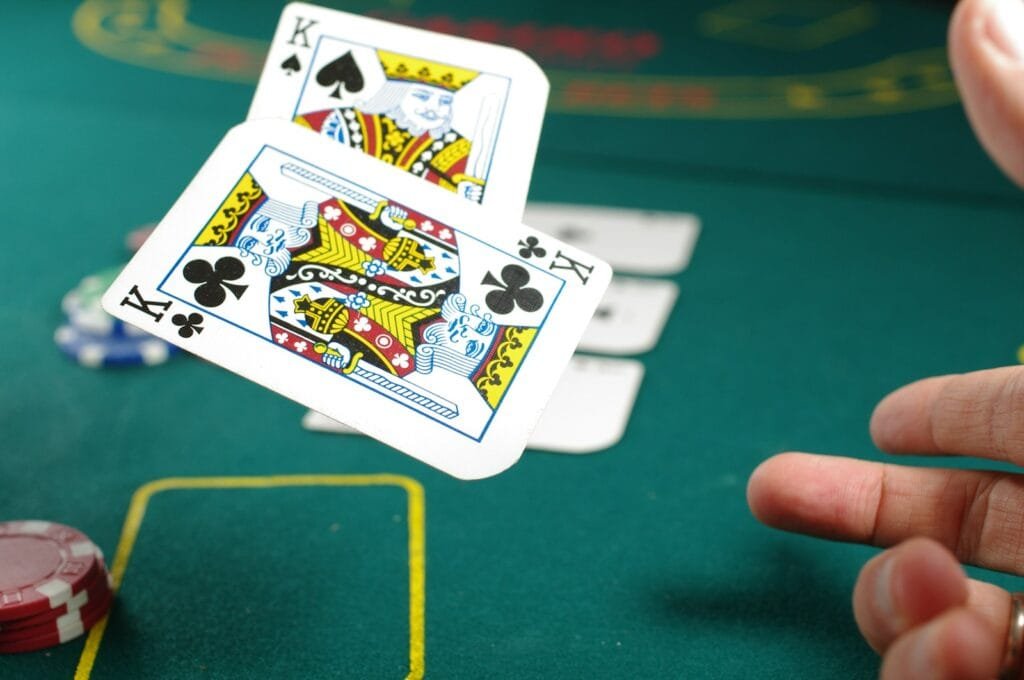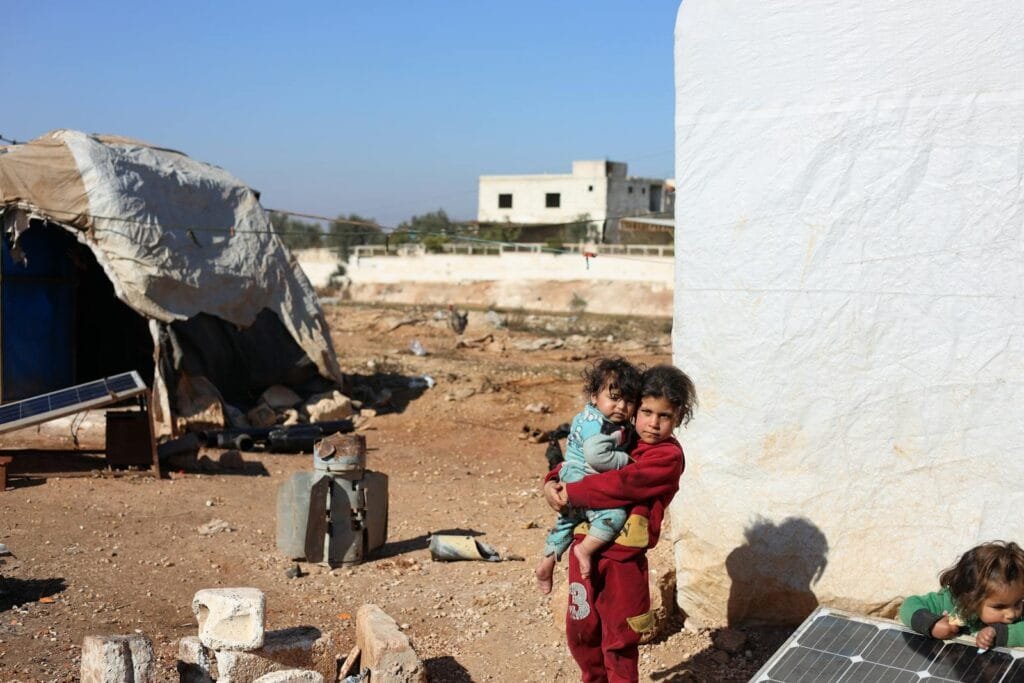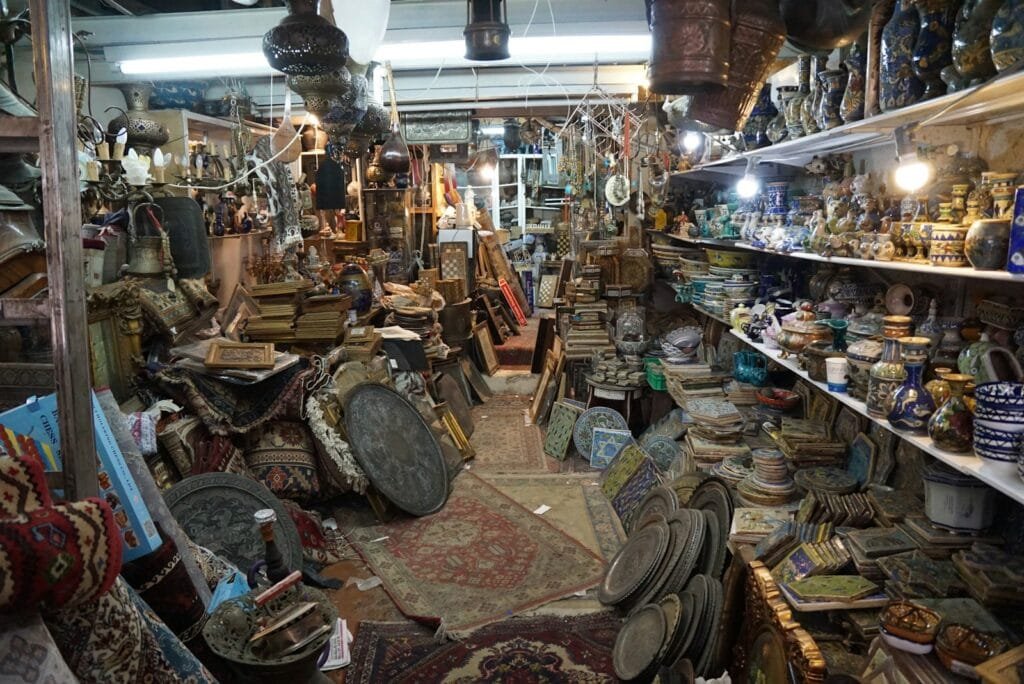deal
Use the word “deal” for negotiating or buying things. If something is a good deal, it’s fair. If something is a bad deal, it’s not fair. We also use “deal” for managing or coping with problems, big or small. “Deal” is used as a verb or as a noun.
- That’s a good deal.
- They made a deal.
- Let’s make a deal.
- Linda is dealing with a cold. (She has an illness and she’s doing what she can to treat the condition.)
- He’s dealing with the death of his mother. (deal with = cope with)
- I have a lot of people to deal with at work.
- She doesn’t want to deal with this anymore.

They’ve made a deal!
a. Use "deal" as a noun.
A deal is an agreement. A buyer and a seller are involved in an agreement, or there’s a negotiation among groups that have special interests. The verbs get, make, have, and be are often used with “deal.”
- Let’s make a deal. (Let’s talk and negotiate.)
- They have a deal. (They have an agreement.)
- That’s a great deal. (That’s a good price.)
- It’s a deal! (I agree with the terms of the negotiations.)
- We’re hoping to get a good deal on a car.
- When Teresa goes shopping, she looks for deals on clothing.
- What kind of deals does the store have today?
- Our neighbors got a good deal when they bought their house. Now it’s worth a lot of money.
a. Use "deal" as a noun.

- This market usually has good deals on produce.
- I didn’t find any good deals today.

- They’re working on a deal together.
b. Use "deal" as a verb.
When “deal” is a verb, it is similar to negotiate, manage, or distribute.
- The United States deals with its partners. (They negotiate.)
- Ralph and Edgar don’t like each other, but they still have to deal with each other because they work for the same company.
- An owner of a store deals with customers.
- Teachers have a lot of students to deal with every day.
- Students have to deal with homework and other responsibilities.
- A person who was dealing drugs down the street received a visit from local law enforcement.
- Veronica deals in real estate. She’s a realtor.
- Manfred is dealing with a sore foot. (It hurts him, but he’s doing something to address the pain; deal with = cope with)
- What is the best ways for a teacher to deal with students who misbehave?
As you can see in the examples above, the preposition “with” often follows “deal.”
b. Use "deal" as a verb.

- He’s dealing cards.

- They’re dealing with all of the problems that go along with being a refugee.
c. good deal of = large amount
Use “a good deal of” or “a great deal of” when referring to a large amount or large number of things or people.
- There’s a great deal of concern about this matter.
- Sani has a good deal of customers in her shop right now.
- We’ve received a good deal of rain this month.
- This store has a good deal of furniture.
- A great deal of concern for the people of Gaza has been shown around the world.
- Following the floods, residents of Texas are going to need a good deal of help from the government.
c. good deal of = large amount

- Competing in a bicycle race requires a great deal of stamina and strength.

- A good deal of snow fell last night.
d. A dealer deals.
A dealer is a person who deals things. This is a popular noun for people who sell cars, valuable art, collectibles, antiques, weapons, and things that are illegal.
- Jason went to a dealer to buy his car.
- Sheila works as an antiques dealer specializing in furniture.
- If you bring your coin collection to a coin dealer, you can find out how much your collection is worth.
- Arms dealers sell drones and other kinds of weapons for waging war. (wage war = attack other people)
- Drug dealers who sell drugs very quickly gain the attention of the police.
d. A dealer deals.

- Increasingly, drones are being provided by arms dealers to countries that are engaged in combat.

- If you need something special for your house, a dealer might be able to find if for you.
